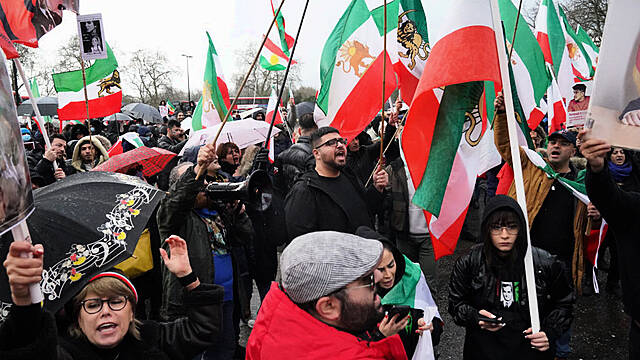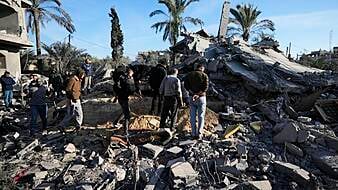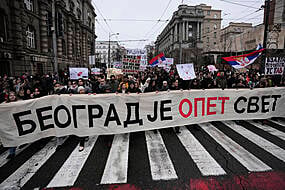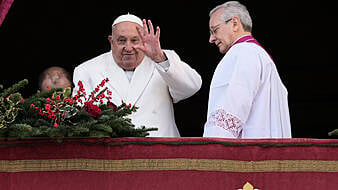The European Union has imposed sanctions on two organisations and 32 Iranians, including the culture and education ministers, intelligence officials and legislators, accused of links to Iran’s security crackdown on protesters.
The protests began after the September 16 death of 22-year-old Mahsa Amini following her arrest by the Islamic Republic’s morality police and have grown into one of the most serious challenges to Iran’s theocracy since the 1979 Islamic Revolution.
At least 529 people have been killed in demonstrations, according to the Human Rights Activists in Iran group.
More than 19,700 others have been detained by authorities amid a violent crackdown trying to suppress the dissent.
Some people linked to the protests have been executed.
The EU said it had imposed asset freezes and travel bans on the 32 officials and frozen the assets of the two organisations due to their involvement “in serious human rights violations in Iran”.
The 27-nation bloc had already imposed four rounds of sanctions on Iranian officials and organisations – including other ministers, military officers and Iran’s morality police – for alleged rights abuses.
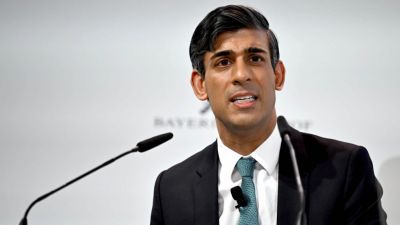
Amnesty International criticised Iranian security forces for “using firearms and firing tear gas indiscriminately, including into people’s homes”.
It urged the world to pressure Iran to end the crackdown as Tehran continues to disrupt internet and mobile phone networks “to hide their crimes”.
Iran did not immediately acknowledge the renewed crackdown in Sanandaj.
However, Iran’s Foreign Ministry summoned the British ambassador over the United Kingdom sanctioning members of the country’s morality police and security officials due to the crackdown.
